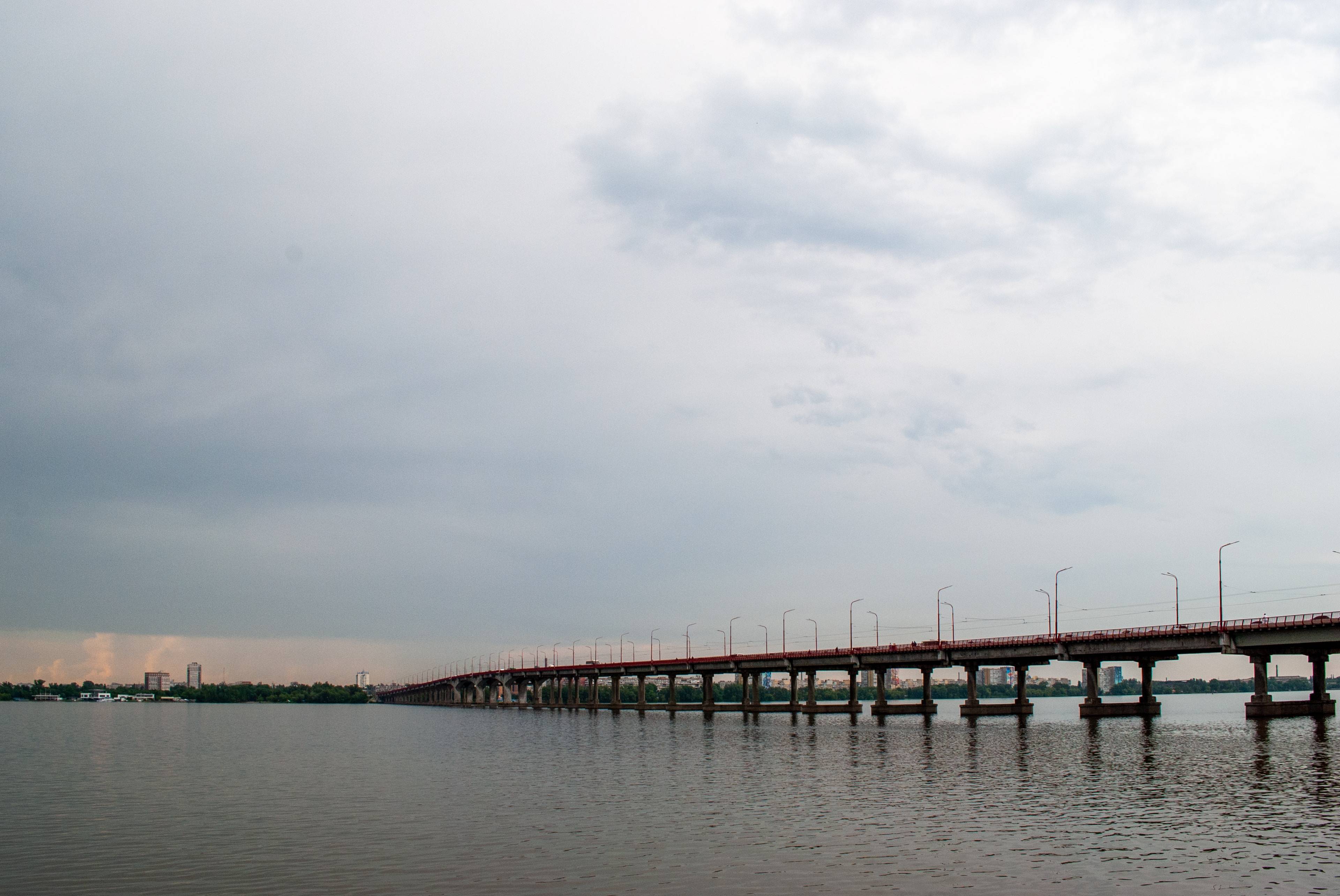

In today’s fast-paced logistics and transportation industry, GPS Tracking Software has become an indispensable tool for businesses across the UAE. From fleet management to asset tracking, this technology provides real-time visibility, enhances operational efficiency, and reduces costs.
But how exactly does GPS tracking work? In this guide, we’ll break down the science behind this revolutionary technology, its key components, and why it’s a game-changer for UAE businesses.
What is GPS Tracking?
GPS, or the Global Positioning System, is a satellite-based navigation system originally developed for military use in the 1960s. Today, it powers GPS Tracking Software, enabling businesses to monitor vehicles, assets, and personnel with pinpoint accuracy.
Key Data Provided by GPS Tracking:
Location (latitude and longitude)
Speed and direction
Timestamps for movement history
💡 Did you know? The UAE has one of the highest GPS adoption rates in the Middle East, with over 80% of fleet-based businesses using tracking solutions.
How GPS Tracking Software Works
GPS tracking relies on three core components working together seamlessly:
- GNSS Satellites
- A network of 24+ satellites orbits the Earth, transmitting signals.
These signals are picked up by GPS tracking devices.
Systems like GPS (USA), GLONASS (Russia), and BeiDou (China) enhance coverage.
- GPS Tracking Device
- Installed in vehicles or assets, these devices receive satellite signals.
Modern trackers also monitor:
Fuel levels
Engine diagnostics
Driver behavior (harsh braking, idling)
- Tracking Software
- Data from the device is sent to a cloud-based server.
Fleet managers access this data via a dashboard, displaying:
Real-time location
Route history
Custom alerts (geofencing, speeding)
💡 A Dubai logistics company reduced fuel costs by 18% after implementing GPS tracking and optimizing routes.
Types of GPS Tracking Devices
Different tracking devices serve unique business needs:
Type How It Works Best For
Data Pushers Sends location at fixed intervals Fleet tracking
Data Pullers Provides location on demand Asset recovery
Data Loggers Stores data internally Compliance reporting
White Label GPS Tracking Software is also widely used, allowing businesses to rebrand tracking solutions under their own name
Key Benefits of GPS Tracking in the UAE
- Fuel Efficiency & Cost Savings
- Reduces idling time and unauthorized trips.
Optimizes routes to cut fuel consumption by 15-20%.
- Enhanced Security
- Theft prevention with real-time alerts.
Recovery assistance for stolen vehicles.
- Compliance & Reporting
- Automated logs for Dubai RTA and Abu Dhabi DOT regulations.
Maintenance alerts to prevent breakdowns.
- Improved Customer Service
- Real-time ETAs for deliveries.
Proof of delivery with timestamps.
💡 An Abu Dhabi food delivery startup improved on-time deliveries by 25% using GPS tracking.
Future of GPS Tracking in the UAE
The technology is evolving rapidly, with trends like:
AI-powered predictive analytics
5G-enabled real-time tracking
Integration with smart city initiatives
Fleet Management Software is also advancing, combining GPS tracking with AI for smarter fleet operations.
Conclusion
GPS tracking is no longer optional for UAE businesses—it’s a competitive necessity. Whether you manage a fleet of trucks, delivery vans, or construction equipment, this technology provides the visibility and control needed to cut costs, improve efficiency, and enhance security.
Ready to implement GPS tracking? Flotilla IoT offers end-to-end solutions tailored for the UAE market.
Related Posts
© 2025 Invastor. All Rights Reserved

User Comments